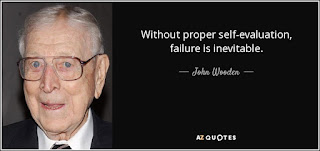Amo sab jaon sila kun di kun eleksyon? We see them hug
simple people. They visit the poor from one house to another. There are
instances that they even claim that they are your distant relatives. For what?
For your votes.
The
deeply-rooted patronage system in the Philippines bolsters money politics,
especially during elections. Some candidates engage in vote buying rather than
promoting their platforms, others misuse public service delivery for electoral
purposes instead of broader development objectives.
This
patron-client relationship essentially prioritizes short-term personal gains
for both leaders and their constituencies, rather than the long-term
development goals of the nation (Wong, 2022).
We fear that everything
boils down to selfish motives. Why do politicians perform vote-buying? Why do
people sell their votes? What motivates the fanatics behind the politicians who
even severe ties with family members for their bets? Why the word war on social
media outlets?
According to
Nahn (2020) the first motivator is POWER. Some people are motivated by power,
influence, and fame. They want to become powerful and a leader, such as
politicians. They want to take charge and achieve great power. Other motivators
include recognition and approval; Desire to win; Reaching out to others;
Rewards, money and Passion.
We cannot
discount the fact that there are those whose intentions are good. But then
again, based on self-actualized theories, we must first ask our own
motivations. What are the gauges of our choices, is it for selfish intentions
or for the greater good?
With the current
trend of the thinking process flow among the young as broadcast on reality
shows like Pinoy Big Brother Philippines, educators must double time in leading
young learners to master critical thinking allowing them to develop their
affective side as well. With the technology we have now, the fear of becoming a
zombie might not come from an injectable substance.
We might have
zombies in our houses now.





